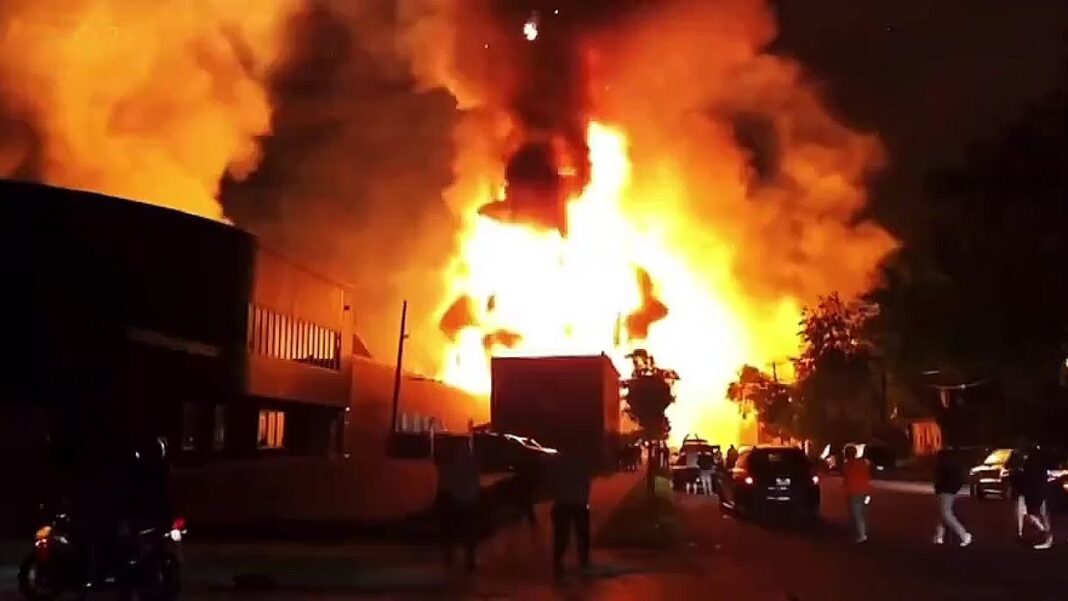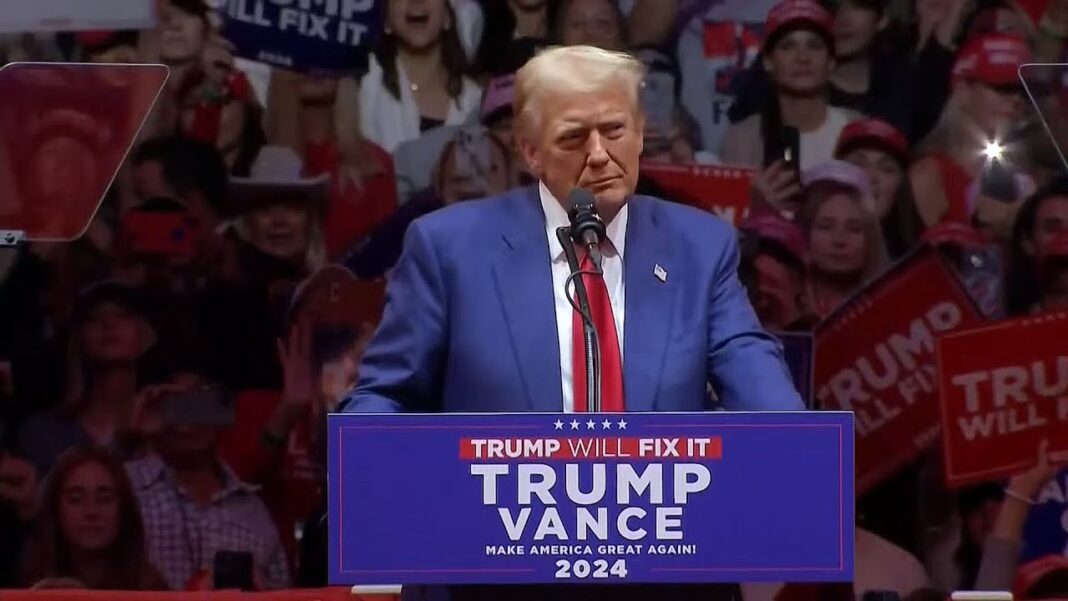Missouri officials said the federal government is illegally interfering in the state’s elections.
Federal judges have rejected bids by Missouri and Texas officials to block U.S. Department of Justice (DOJ) poll monitors.
U.S. District Judge Matthew Kacsmaryk on Nov. 5 rejected a motion for a temporary restraining order that was lodged by Texas Attorney General Ken Paxton.
Paxton, a Republican, did not provide written certification that he attempted to provide notification to defendants, which is required to enter such an order, the judge said in a 2-page order.
“Further, considering the public interest, the Court cannot issue a temporary restraining order without further clarification on the distinction between ’monitoring‘ and ’observing’ on the eve of a consequential election,” he wrote.
Paxton had argued that the DOJ lacked legal authorization to dispatch personnel to monitor state elections. Texas law says DOJ monitors are not allowed inside polling places.
U.S. District Judge Sarah Pitlyk late Monday also turned down a motion from Missouri for a temporary restraining order to block DOJ personnel from monitoring polls.
“On expedited consideration of the parties’ arguments, the Court finds that the State of Missouri has not carried the burden of justifying extraordinary relief,” Pitlyk wrote in a 4-page order.
Missouri’s secretary of state and attorney general earlier on Monday sued to block the DOJ from sending personnel to monitor polling places. In an emergency motion for a temporary restraining order, they said that the court should quickly order the DOJ not to send personnel because “absent immediate relief, Defendants will unlawfully enter Missouri polling locations on Election Day, displacing state law without clear authority.”
DOJ officials disagreed, saying a settlement between the agency and the St. Louis Board of Election Commissioners allows monitoring on Election Day.
The 2019 settlement states in part that the city “will cooperate fully with the United States’ efforts to monitor compliance with this Agreement, including but not limited to providing the United States with timely access to polling places (including on Election Day).”
To receive a temporary restraining order, plaintiffs must show a likelihood of success. Pitlyk said the plaintiffs in this case have not.





